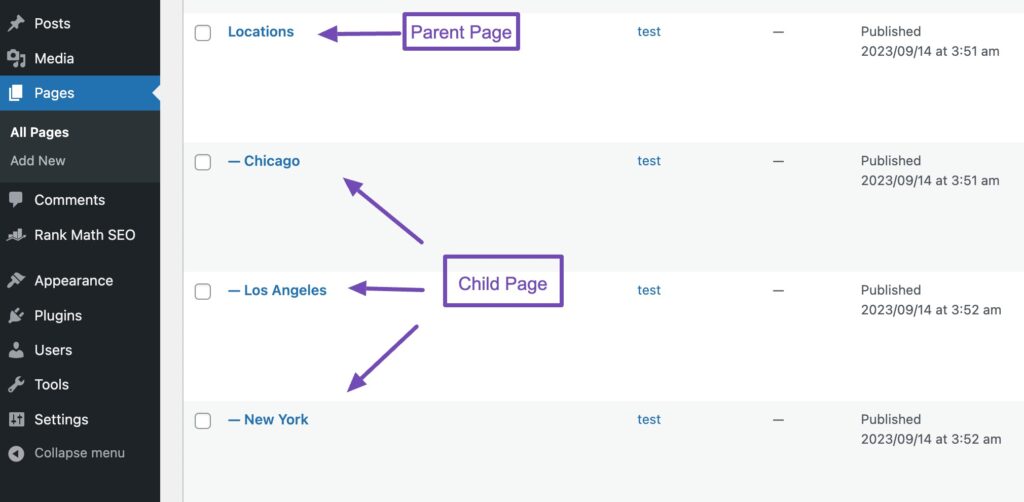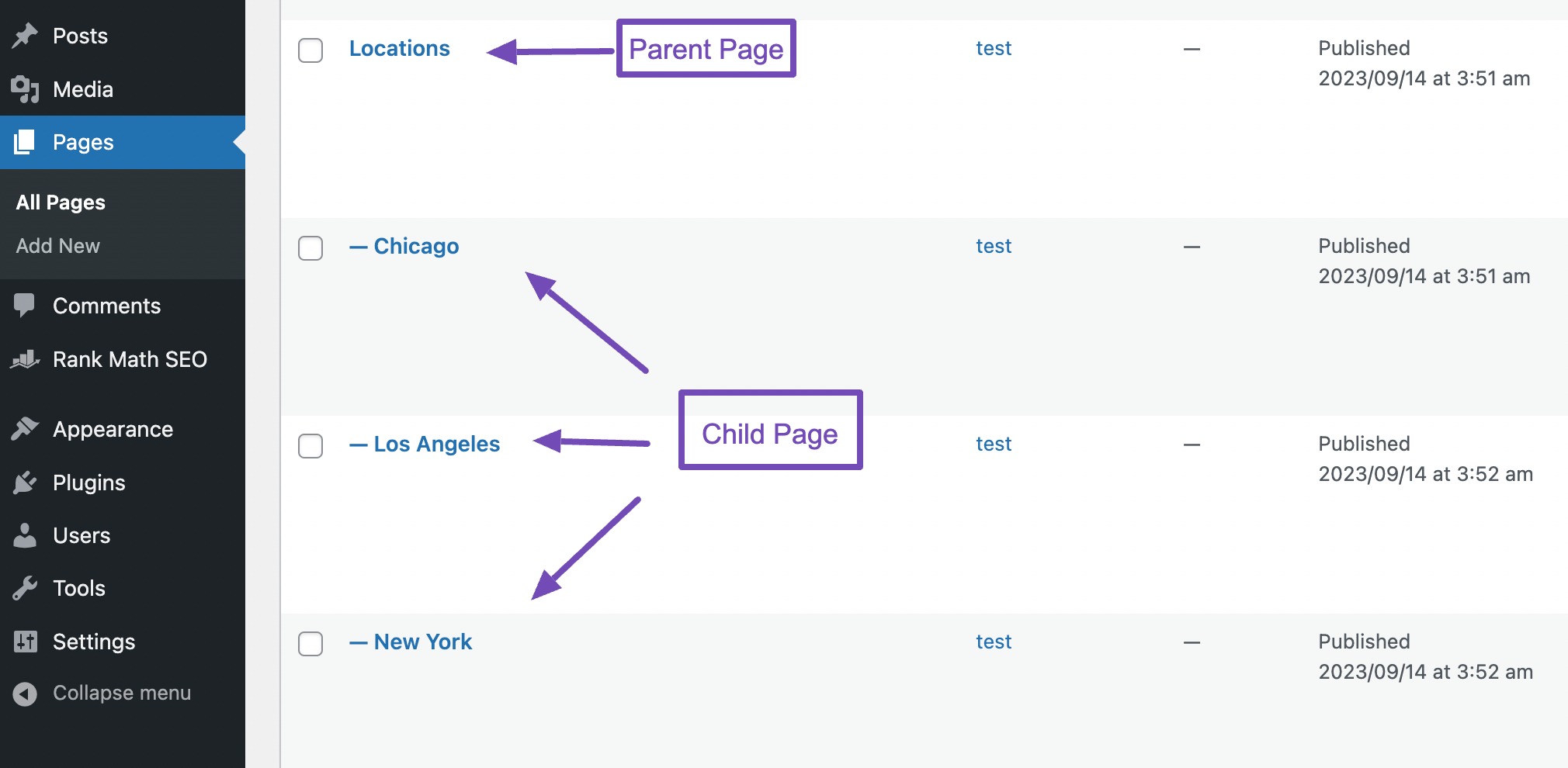
What Makes a Present Parent: Nurturing Connection and Growth
In today’s fast-paced world, the concept of a “present parent” extends far beyond mere physical presence. It encompasses active engagement, emotional availability, and a genuine commitment to fostering a child’s growth and well-being. This article delves into the multifaceted nature of being a present parent, exploring the key elements that contribute to a strong and supportive parent-child relationship. Understanding what it means to be a truly present parent is crucial for raising well-adjusted, confident, and resilient children. We’ll examine practical strategies and insights that parents can implement to cultivate a more meaningful and connected family life. A present parent understands the importance of quality time and actively participates in their child’s life.
Defining the Present Parent
The term “present parent” signifies a caregiver who is fully engaged and attentive to their child’s needs, both emotional and practical. It’s about being mentally and emotionally available, not just physically present. A present parent actively listens, offers support, and creates a safe space for their child to express themselves freely. It involves understanding their child’s unique personality, strengths, and challenges, and tailoring their parenting approach accordingly. This active involvement fosters a strong bond and promotes healthy development.
Key Elements of Present Parenting
Several key elements contribute to being a present parent:
- Active Listening: Truly hearing what your child is saying, both verbally and nonverbally, without interruption or judgment.
- Emotional Availability: Being open to your child’s emotions, providing comfort and support during difficult times, and celebrating their successes.
- Quality Time: Dedicating focused time to spend with your child, engaging in activities they enjoy, and creating meaningful memories.
- Setting Boundaries: Establishing clear and consistent boundaries that provide structure and security while also allowing for age-appropriate autonomy.
- Self-Care: Taking care of your own physical and emotional well-being so that you can be the best possible parent.
- Mindfulness: Being present in the moment, paying attention to your child’s needs and cues, and avoiding distractions.
The Importance of Active Listening
Active listening is a cornerstone of present parenting. It involves paying close attention to what your child is saying, both verbally and nonverbally. This means putting away distractions, making eye contact, and truly focusing on their words and emotions. Active listening also involves asking clarifying questions, reflecting back what you’ve heard, and validating their feelings. By practicing active listening, you demonstrate that you value your child’s thoughts and opinions, fostering a sense of trust and connection.
Emotional Availability: Creating a Safe Space
Emotional availability is another crucial aspect of being a present parent. It means being open to your child’s emotions, both positive and negative. It involves providing comfort and support during difficult times, celebrating their successes, and creating a safe space for them to express themselves freely. When children feel emotionally safe, they are more likely to share their thoughts and feelings, leading to a deeper and more meaningful connection with their parents. A present parent understands that emotions are a natural part of life and provides a supportive environment for their child to navigate them.
Quality Time: Making Memories That Last
In today’s busy world, it can be challenging to find time to spend with your children. However, quality time is essential for building strong relationships and creating lasting memories. Quality time doesn’t necessarily mean spending hours together; it’s about being fully present and engaged during the time you do have. This could involve playing games, reading books, going for walks, or simply having a conversation. The key is to focus on your child and create a positive and enjoyable experience for both of you. A present parent prioritizes quality time and makes it a regular part of their family life. [See also: The Benefits of Family Dinners]
Setting Boundaries: Providing Structure and Security
While present parenting emphasizes emotional connection and support, it also involves setting clear and consistent boundaries. Boundaries provide structure and security for children, helping them to understand expectations and develop self-discipline. However, boundaries should be age-appropriate and flexible, allowing for autonomy and growth. It’s important to communicate boundaries clearly and consistently, explaining the reasons behind them and involving your child in the process when possible. A present parent understands the importance of boundaries and uses them to guide and support their child’s development. This balance is vital for a child’s overall well-being and helps them develop into responsible adults.
Self-Care: Taking Care of Yourself to Care for Your Child
It’s important to remember that you can’t pour from an empty cup. Taking care of your own physical and emotional well-being is essential for being a present parent. This means prioritizing self-care activities such as exercise, healthy eating, relaxation, and spending time with friends and family. When you take care of yourself, you are better able to manage stress, maintain a positive attitude, and provide the support and guidance your child needs. A present parent recognizes the importance of self-care and makes it a priority in their life. This includes setting boundaries for themselves and seeking help when needed.
Mindfulness: Being Present in the Moment
Mindfulness is the practice of being present in the moment, paying attention to your thoughts, feelings, and sensations without judgment. Practicing mindfulness can help you to be more aware of your child’s needs and cues, allowing you to respond with greater empathy and understanding. It can also help you to manage stress and avoid distractions, allowing you to be more fully present during your interactions with your child. A present parent cultivates mindfulness and uses it to enhance their connection with their child. Techniques such as meditation or simply taking a few deep breaths can be incredibly beneficial.
Overcoming Challenges to Present Parenting
Becoming a present parent is not always easy. There are many challenges that can get in the way, such as work demands, financial stress, and personal struggles. However, it’s important to remember that it’s never too late to start prioritizing your child and cultivating a more meaningful connection. Here are some tips for overcoming challenges to present parenting:
- Identify your challenges: What are the specific obstacles that are preventing you from being a more present parent?
- Set realistic goals: Don’t try to change everything at once. Start with small, manageable steps.
- Ask for help: Don’t be afraid to reach out to friends, family, or a therapist for support.
- Be patient with yourself: It takes time to develop new habits and patterns.
- Celebrate your successes: Acknowledge and appreciate your progress along the way.
The Long-Term Benefits of Present Parenting
The benefits of present parenting extend far beyond childhood. Children who grow up with present parents are more likely to develop strong self-esteem, healthy relationships, and a sense of purpose in life. They are also more likely to be resilient in the face of adversity and to succeed in school and in their careers. By investing in your child’s emotional well-being and providing them with the support and guidance they need, you are setting them up for a lifetime of success and happiness. A present parent provides a foundation for their child to thrive.
Practical Tips for Becoming a More Present Parent
Here are some practical tips you can implement to become a more present parent:
- Schedule dedicated time with your child each day. Even 15-30 minutes of focused attention can make a big difference.
- Put away your phone and other distractions when you are with your child.
- Listen actively to your child’s thoughts and feelings.
- Validate your child’s emotions.
- Engage in activities that your child enjoys.
- Read to your child.
- Have family meals together.
- Create family traditions.
- Tell your child you love them.
- Be a role model for your child.
The Role of Technology in Present Parenting
Technology can be both a blessing and a curse when it comes to present parenting. On the one hand, it can provide access to valuable information and resources, and it can help families stay connected. On the other hand, it can be a major distraction, and it can lead to feelings of isolation and disconnection. It’s important to be mindful of the role that technology plays in your family life and to set boundaries around its use. Encourage face-to-face interaction and limit screen time, especially during family time. A present parent uses technology intentionally and avoids letting it interfere with their relationships.
Seeking Support and Resources
If you are struggling to become a more present parent, don’t hesitate to seek support and resources. There are many helpful books, articles, and websites available, and you may also benefit from talking to a therapist or joining a parenting support group. Remember that you are not alone, and there is help available. A present parent understands the importance of seeking support when needed. [See also: Resources for Parents of Teenagers]
Conclusion: Embracing the Journey of Present Parenting
Becoming a present parent is a journey, not a destination. There will be times when you struggle, and there will be times when you succeed. The important thing is to keep learning, growing, and striving to be the best possible parent you can be. By prioritizing your child’s emotional well-being, actively engaging in their lives, and creating a strong and supportive relationship, you can help them to thrive and reach their full potential. Embracing the journey of present parenting is one of the most rewarding things you can do for your child and for yourself. The effort put into being a present parent will undoubtedly shape your child’s future in countless positive ways.

